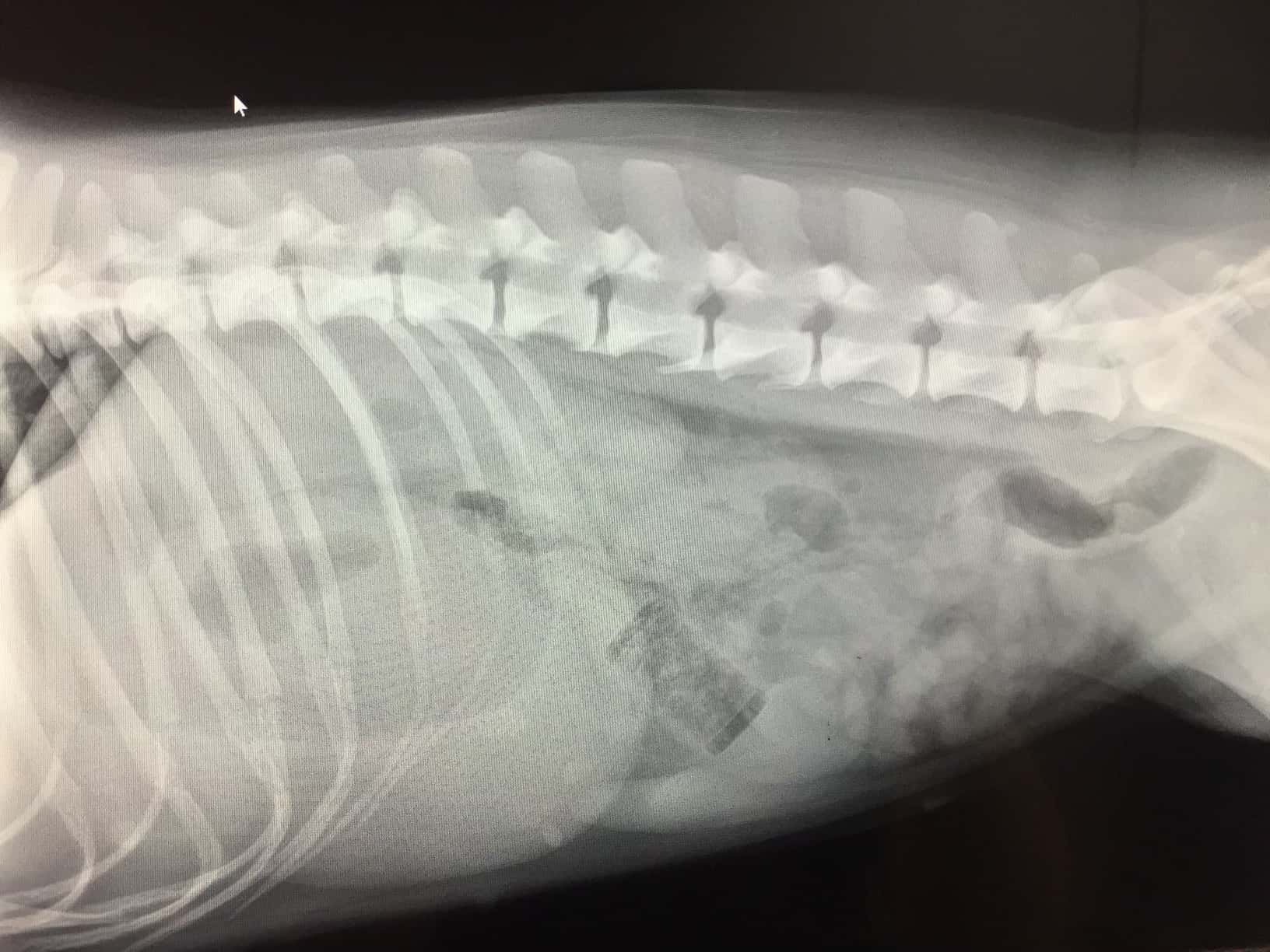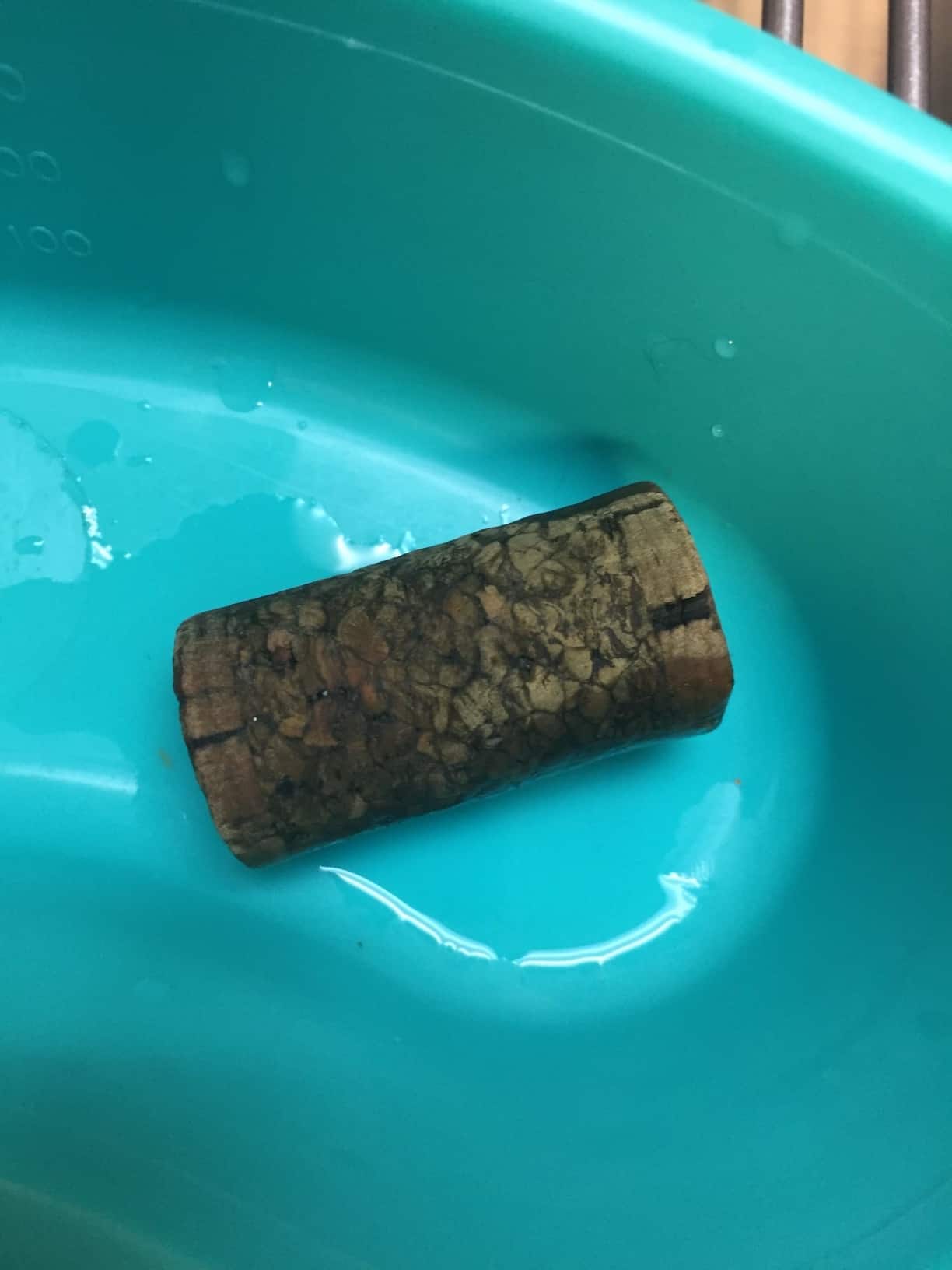My Dog Ate What?!? Some Tips to Help Prevent Your Dog or Cat From Eating Everything in Sight!

Uh-Oh! What just happened?
Most people have been there. You get a new puppy or kitten. For the most part they are good. They run, and play, and bring love and entertainment to your family. Then it happens. You see them chewing on a rock, or toy, or a sock. As you walk over to get it out of their mouth, they look you dead in the eyes and swallow it whole and run off like nothing ever happened.
Then the waiting game begins. Will the object pass? Is it going to become a costly problem that requires intervention from your veterinarian? The truth is many times dogs and cats can pass these objects without much of a problem. Sometimes, you have no idea that they have eaten something until you see it in the litterbox or when you take them outside to go to the bathroom. Other times though, that poor decision of eating the head from a Barbie doll does create a medical emergency that has to be fixed.
Now what?
How do you know? We get this call a lot. “My dog ate (insert blank). What do I do?” The best approach is to tackle the situation as quickly as possible. If your pet ate something they should not have the ideal thing to do is have them vomit it up as soon as possible. This approach typically works best if they ate it within an hour or so. Your Borgfeld Animal Hospital veterinarian has medication that can be administered that will make them vomit. Once the object is out, everyone involved can then again rest easy. If you find that you cannot get your dog into a clinic, then you can give them hydrogen peroxide by mouth to make them vomit. Hydrogen peroxide can be difficult on their stomach, but it will work in a pinch.

Sometimes you may find yourself in the situation that you didn’t know your pet ate something they should not have. Maybe you did know but you were keeping your fingers crossed that it would pass with no issues. How do you know if what they ate is becoming a problem? Usually, your pet will start to give you clues that they are in trouble. Your dog or cat may start to vomit. Often, they are unable to keep down any type of food or even water. They may become lethargic. To alleviate their discomfort some pets will try to stretch out their abdomen by keeping their head and front arms low to the ground while extending their butt into the air, what we call a “prayer position.” Any of these signs from your pet should trigger a call to your veterinarian to get them in ASAP. Once there, your veterinarian can perform an X-ray or ultrasound to determine if emergency surgery is needed.
Prevention is key!
If you have found yourself in any of these situations, you are not alone. We get an amazingly high number of these types of appointments. You would also not believe how many pets are repeat offenders. We have some that have had numerous foreign body surgeries. Ideally, you can work to prevent the problem before it starts! Here are some tips for preventing your pet from eating objects that may cause you a major headache down the road:
- Always supervise play
- Put toys out of reach before you leave
- Ask kids to help pick up items that pets love to eat such as toys or socks
- Participate in play time
- Utilize more durable toys (although none are indestructible)
- Buy trash cans with lids or with the ability to lock them (dogs love trash!)
If your dog or cat does eat something, please don’t wait! Call the office to get help on how to proceed. We want to prevent your pet going into surgery as much as you do!
